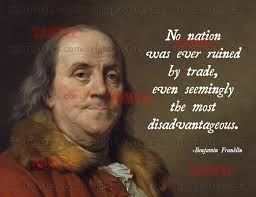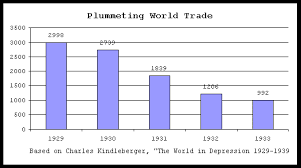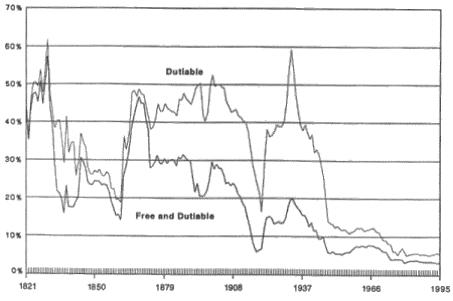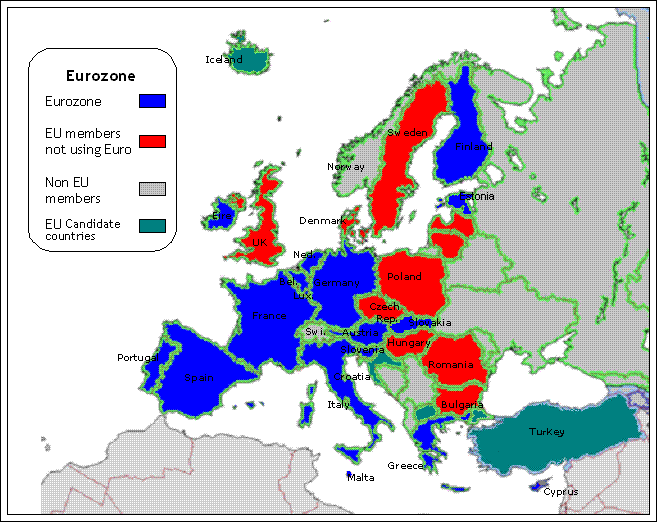
Opportunity cost is the value of the best alternative use of a resource. For instance, if you go to college, your opportunity cost is the money you forego from working full time. If you’re a farmer and you grow corn, the opportunity cost is what you’re not growing, such as potatoes.
Comparative advantage occurs when a country is able to produce a good at the lowest opportunity cost. For instance, why don’t we grow bananas in New England? Well, if we did, we would get very small bananas and if we’re growing bananas, we can’t grow a crop that is cheaper to produce and would garner us more revenue, such as corn, apples or potatoes. Hence, we trade our apples for Jamaican bananas. Hence, Ben Franklin’s quote comes to mind, “no nation was ever ruined by trade”.



The EU was formed in 1958 and was based on a famous US document; the US Constitution. There is an article in the Constitution that states that one state can't tax the goods and services of another state. In 1957 (treaty of Rome), initial members of the EU realized that free trade is good and adopted that verbiage. There are currently 28 members in the EU, up from its initial membership of 15 and in addition to free trade, there is also free passage from one country to the next.
The EU should not be confused with the Eurozone. There are 19 countries in the Eurozone (which are also EU members) that have adopted the Eurocurrency.
 RSS Feed
RSS Feed
